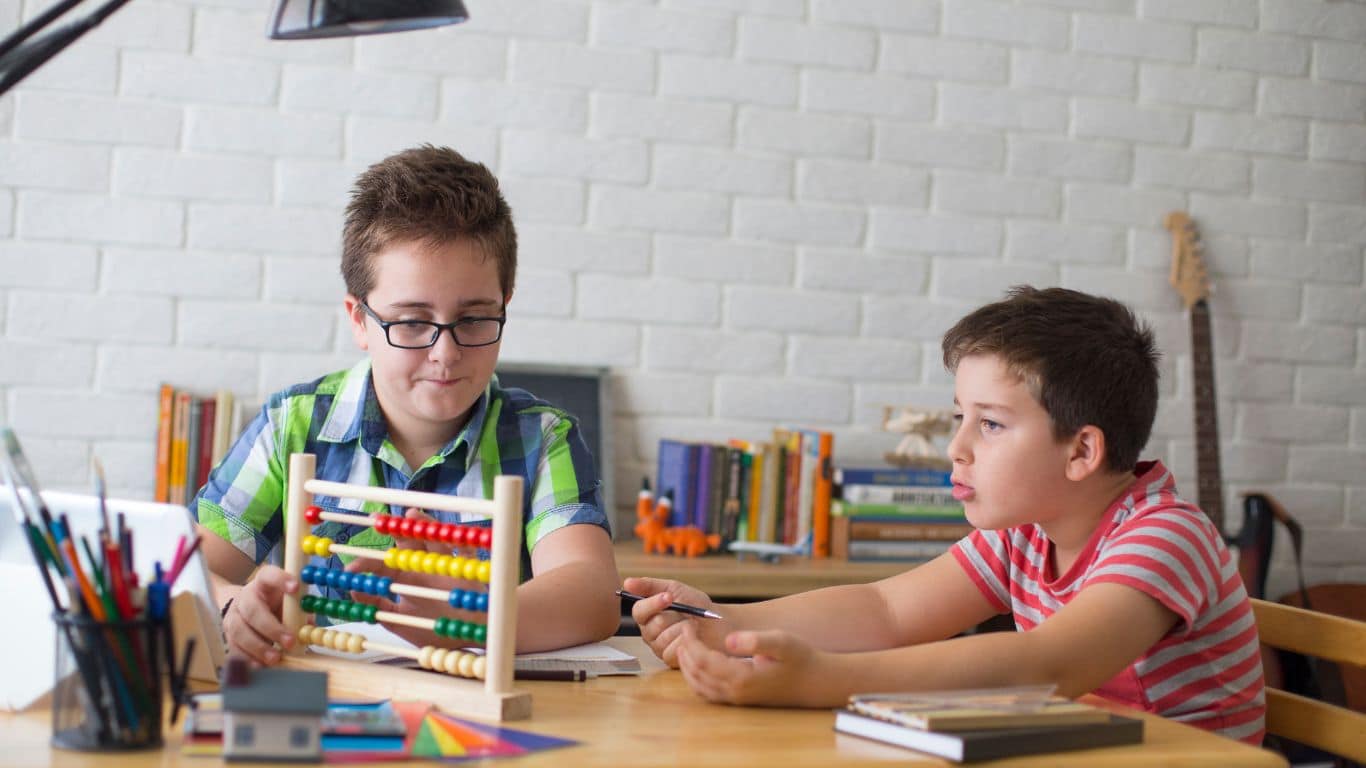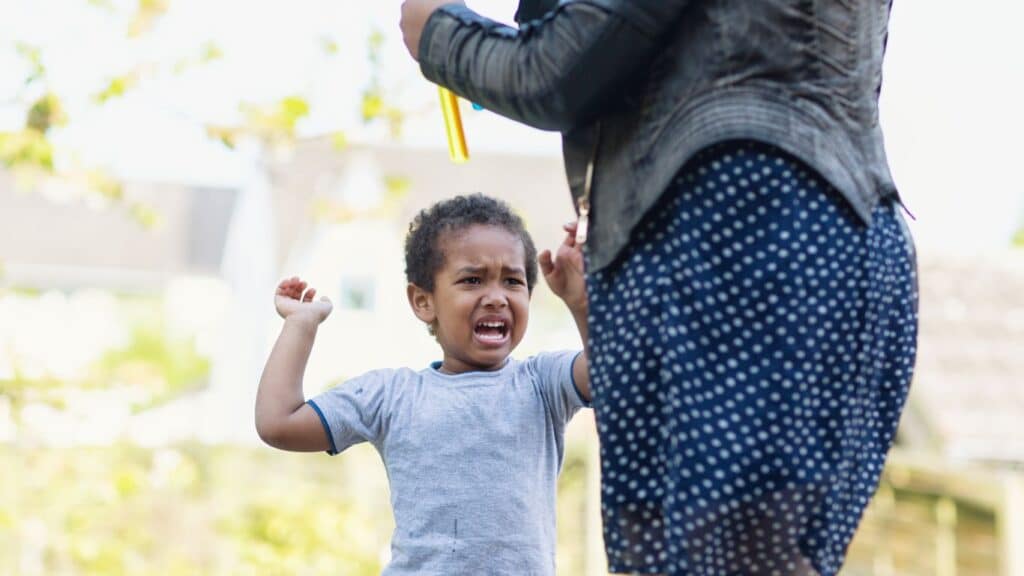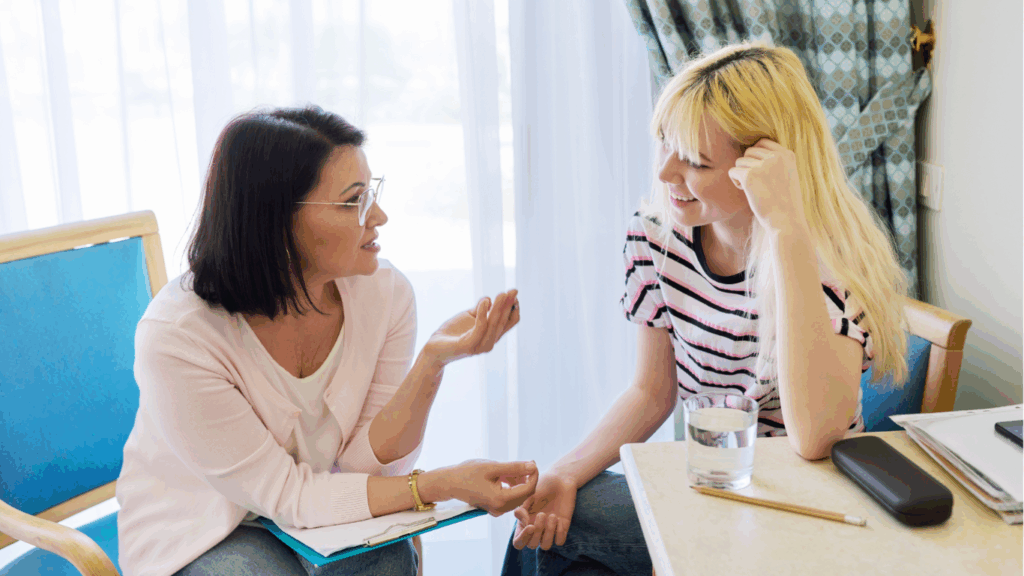Many children in foster care exhibit parentified behaviours, making it difficult for them and their new parents to negotiate healthy parent-child relationships.
We spoke with Anne Melcombe, BSW, an adoption social worker and former Permanency Support Specialist at Belonging Network, about parenting the parentified child. Anne was a Level 2 foster parent for more than two decades and is a single adoptive mom of three. She is passionate about the need for children and youth to have permanent family connections.
What does “parentified” mean?
It’s when a parent can’t care for themselves, or their children, either emotionally or physically (or both), and they do a kind of role reversal, where the child takes on the parent’s job. We often see it in situations where a parent drinks, does drugs or is physically, emotionally or psychologically absent. As a result, the child may prepare meals, make sure there is food in the house, and look after siblings. They may even look after the needs of their parents. There are lots of children in foster care who have had to take on such responsibilities.
Of course, though there’s nothing wrong with a child helping a younger child to find a toy, or put on a pair of shoes or a coat, there is something wrong with a child having to check the baby has a bottle, a clean diaper, or is safe, because mum or dad is in bed and won’t get up. There also is a problem if a child is making sure a sibling attends school, has clean clothes, or has to ask mom or dad if the rent has been paid.
We often see parentification in the oldest of a sibling group, or the sibling that is the most emotionally mature. We also see it in some families where a child has lost a parent by death or divorce. In such situations, we might find a boy who has had to become the “man of the house,” or a girl who has had to become the mother.
Parents who adopt a child who has lived in this type of situation need to be aware that the child may not find it easy to switch gears into being parented, or to relinquish their previous role of being in charge – it’s how they kept themselves and their siblings safe.
How can I prepare for a parentified child?
Ask your child’s social worker, foster parent, or orphanage staff for information about any observed “parenting behaviour” and if the child’s range of activities is age appropriate. Read books on older child adoption and adopting sibling groups. Join a parent support group, so you can meet parents who may have had the experience of adopting a parentified child. If your child has a therapist, ask him or her for advice on what to expect and how to respond.
What might it be like to live with a parentified child?
It can certainly be challenging to find yourself competing for the parent role with an 8 year old or a 15 year old, especially if you have waited a long time to become a parent. The child may fight with you for control, and interfere with your parenting methods and decisions. It will take work and time for things to improve.
How can I help a parentified child that joins my family?
Unless the child has a caring adult willing to help him or her move slowly away from the parent role, it can be very challenging. Give the child credit for looking after his or her siblings, keeping them healthy and keeping them together. Acknowledge that they tried their best to keep everyone together, and to keep everyone safe, and probably did a good job. Parentified kids have learned survival skills, and you need to help them understand that it’s okay to (metaphorically) “take off the lifejacket” at appropriate times.
There has to be lots of talking, lots of empathy, relationship building and trust. Maybe you can negotiate so that they can take be “in charge” in some way for an hour a day, but ultimately, they need to practice letting go. Give them age appropriate responsibilities, and jobs that make them feel that they are still really important to the family, and to siblings. You can also give responsibilities that are about them and not about caring for others, for example, baking cookies with you instead of having to be responsible for an entire dinner.
We see parentified children where whole chunks of their childhood are missing. Help your child be a kid. Encourage him or her to play with younger kids’ toys in a private area. Consider play therapy: even some teenagers respond very well to this.
Parentified children may also need a good therapist who understands adoption issues.





